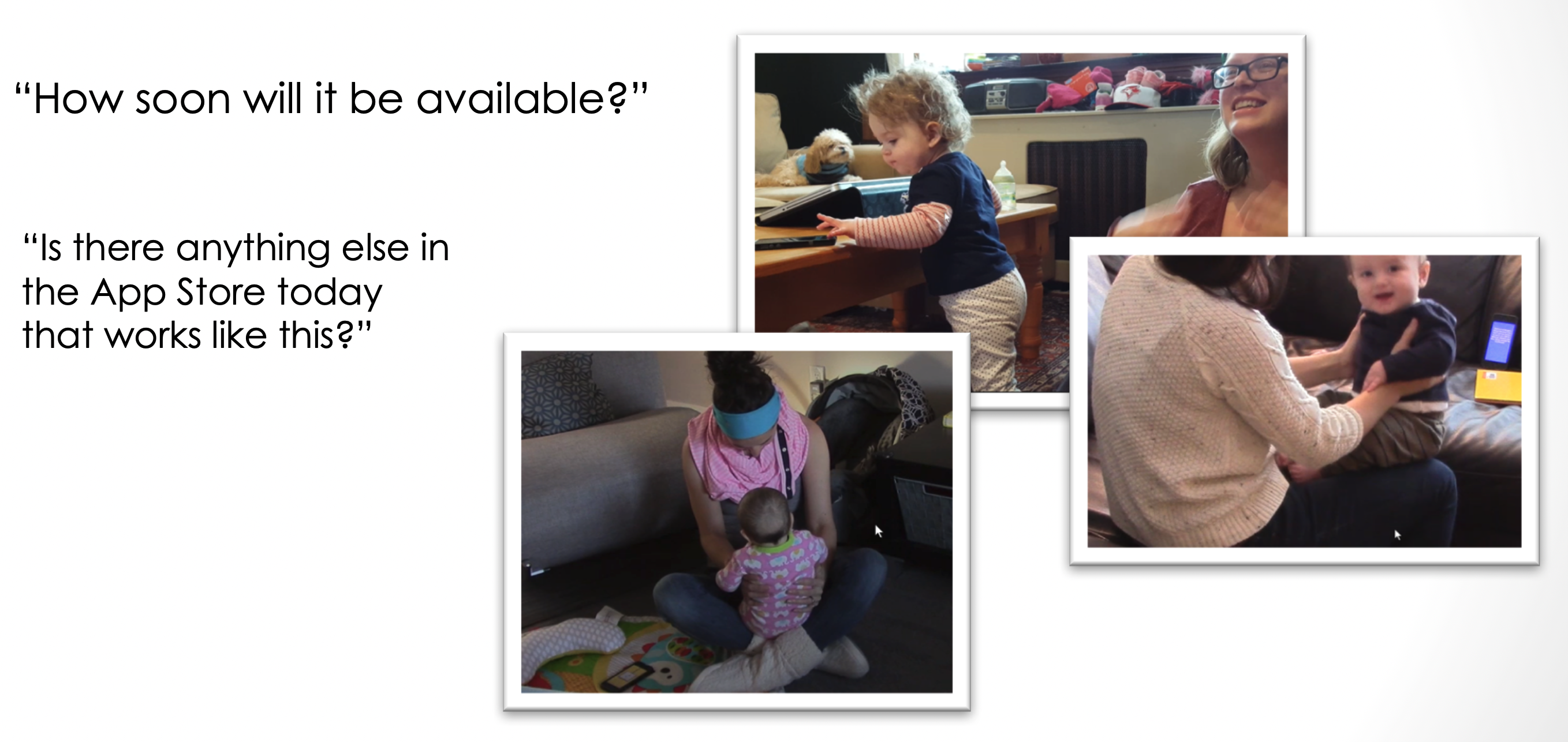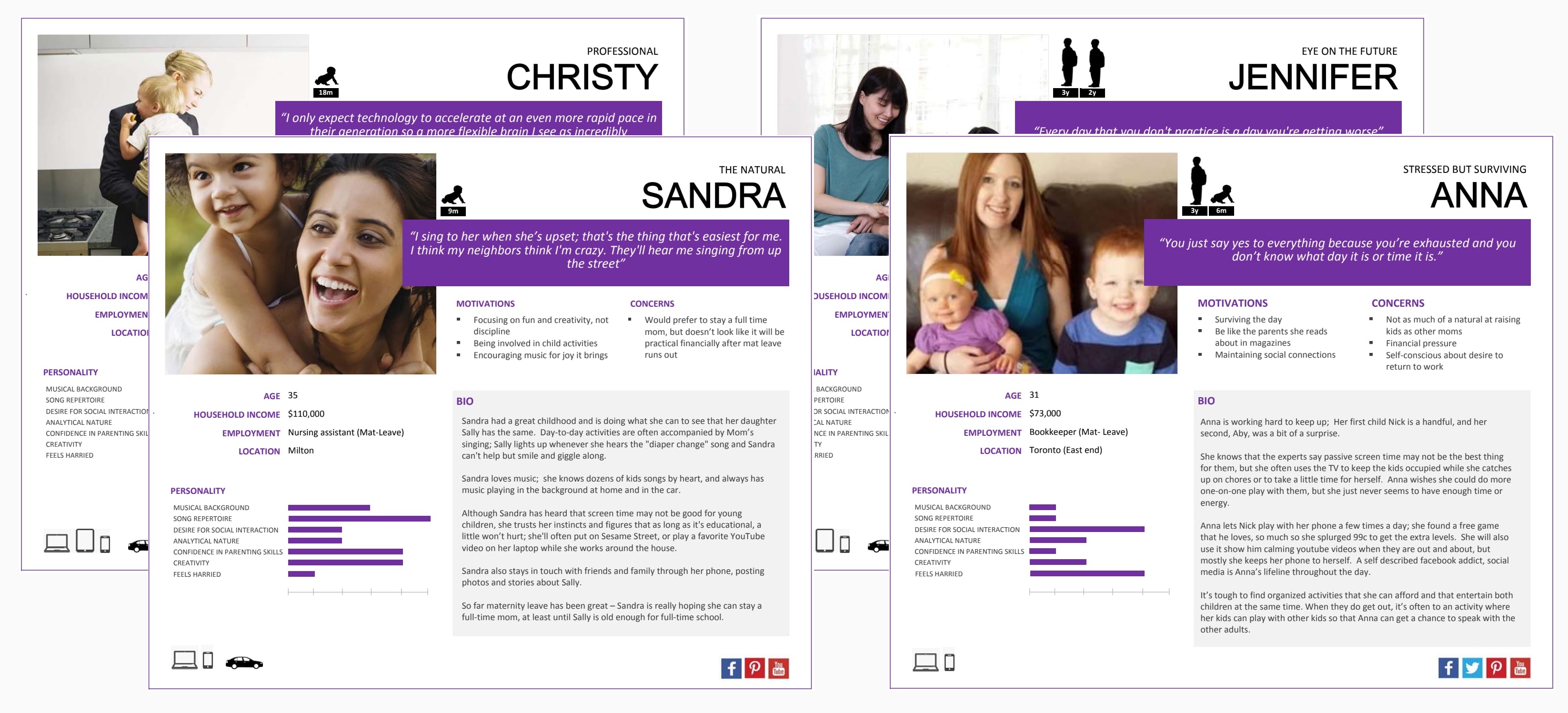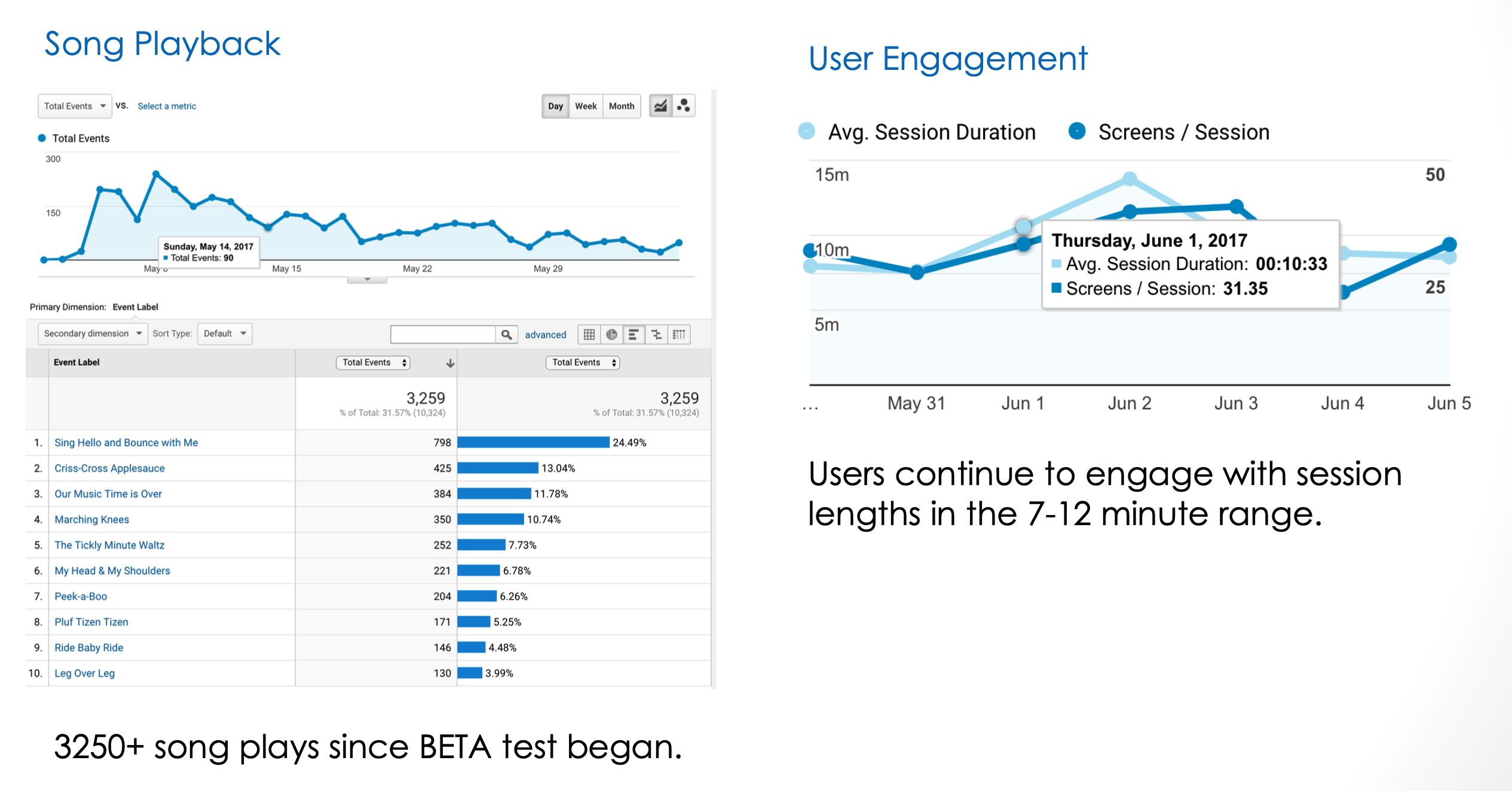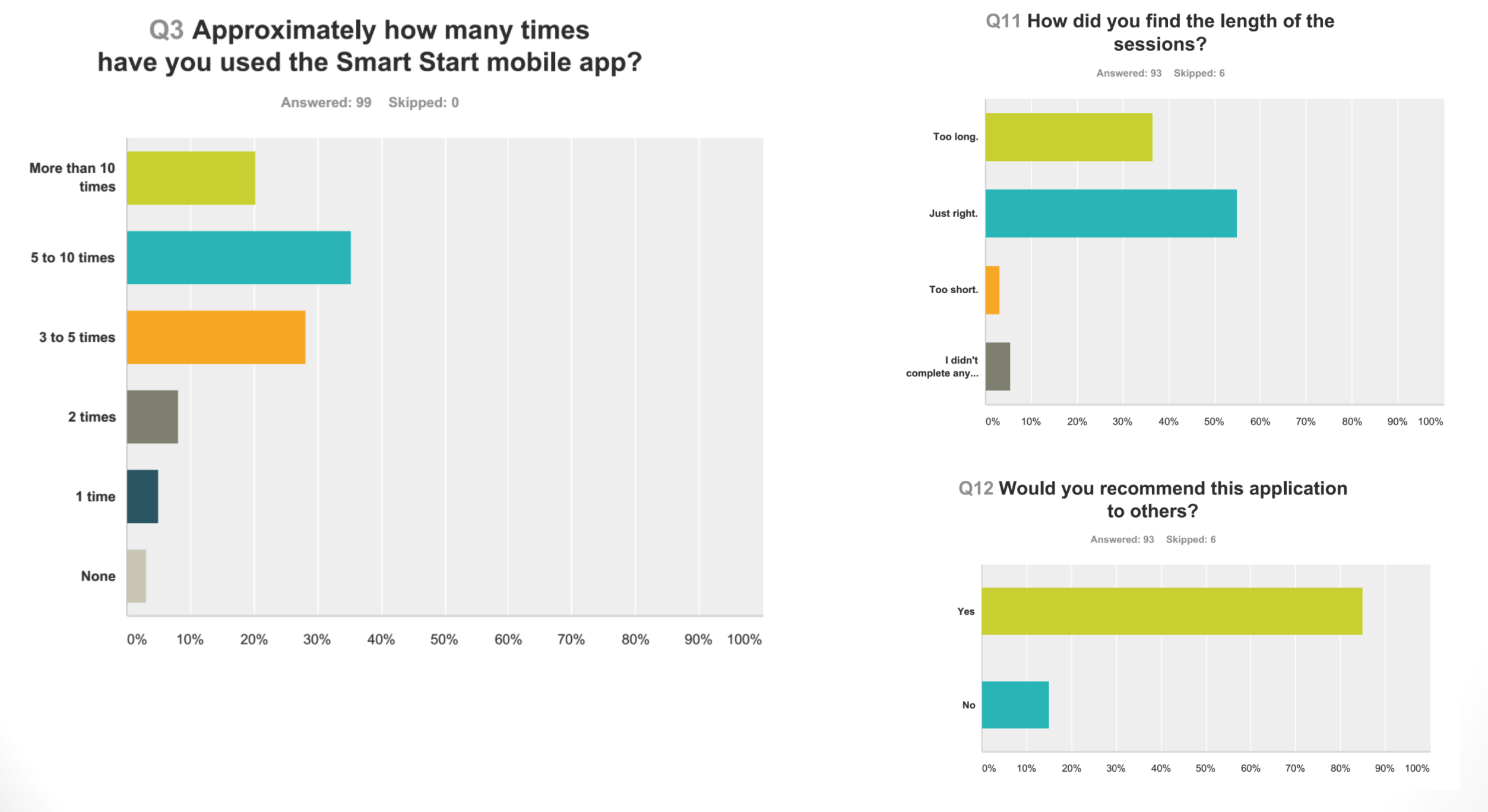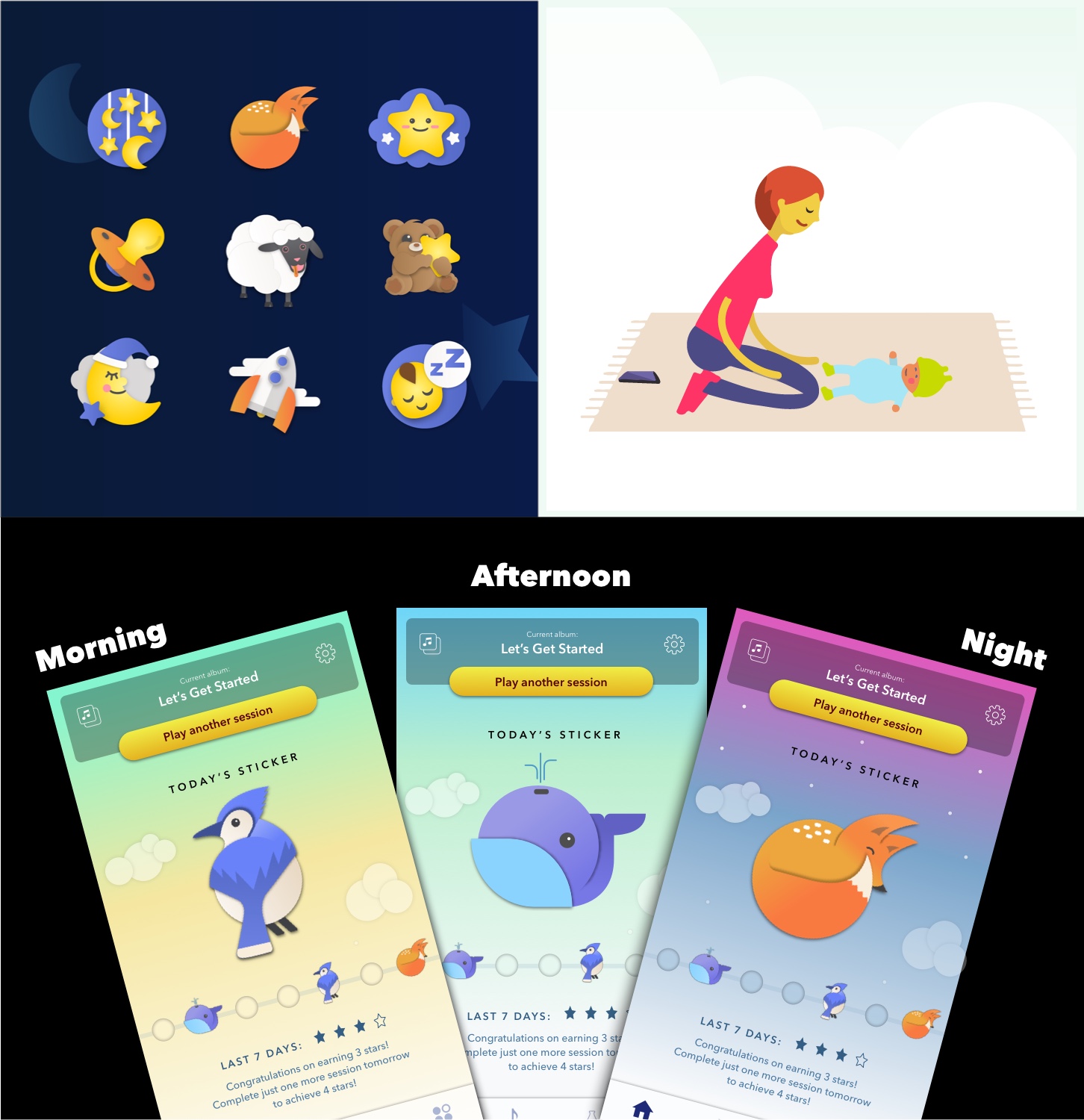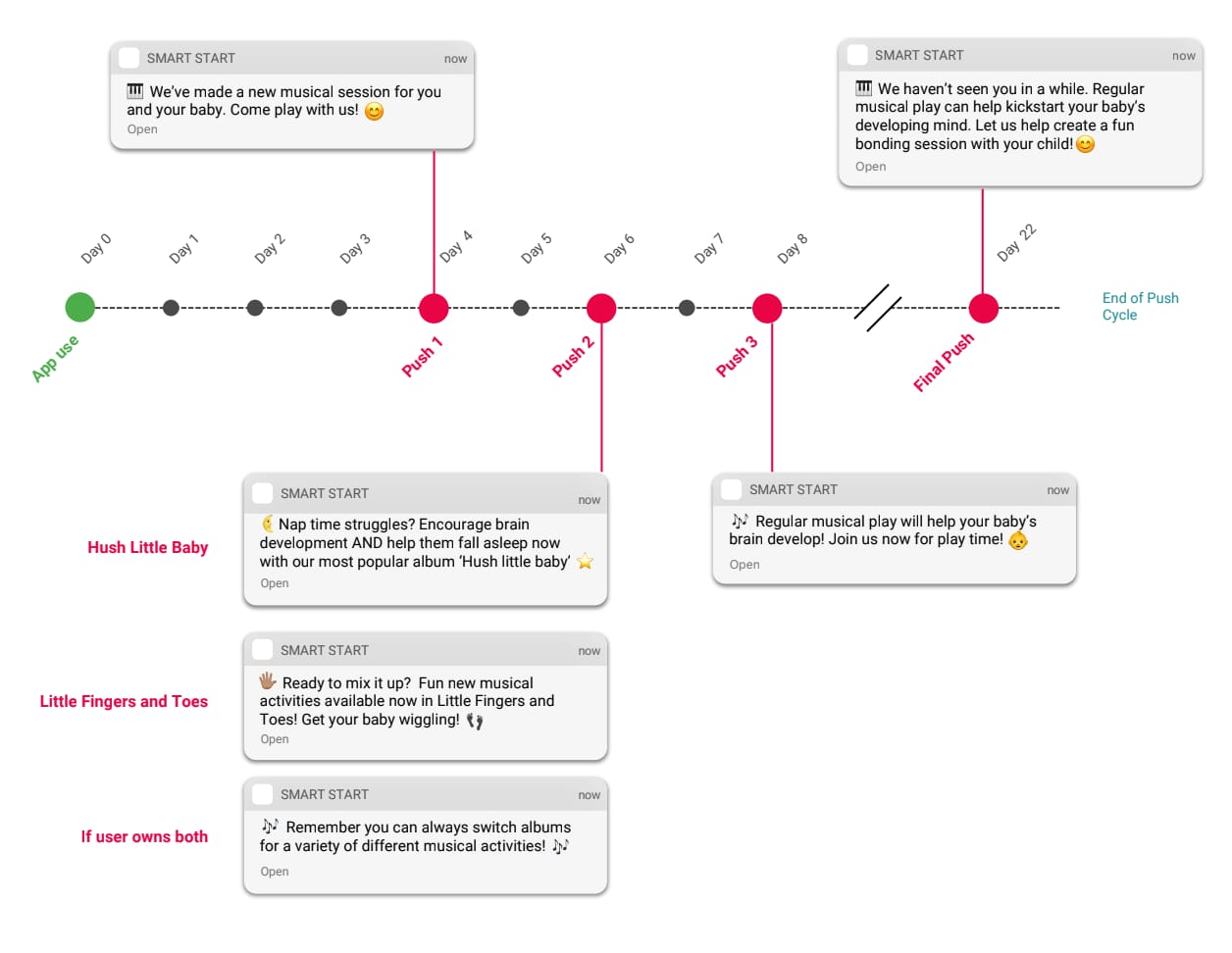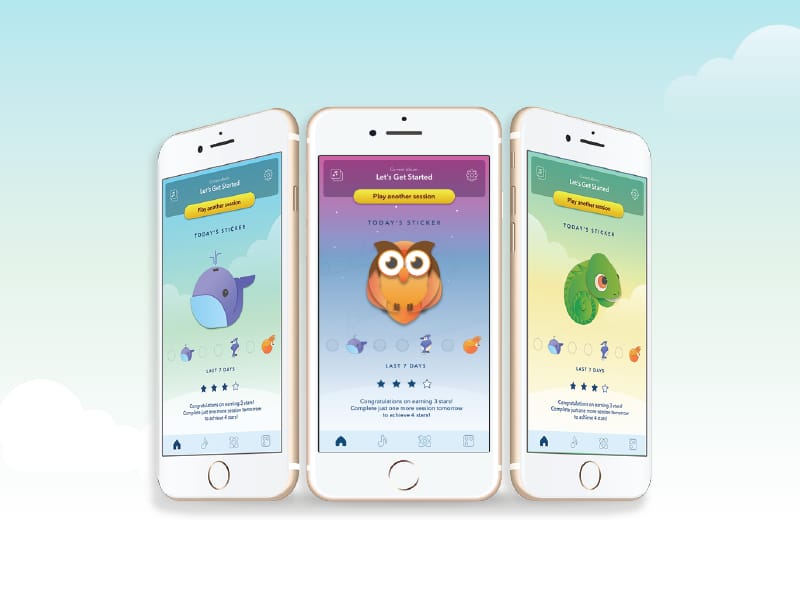
Case Study
Harnessing the power of classical music to develop baby’s brains
The Royal Conservatory of Music looks to build on the success of their in-class early childhood education programs, by creating an accessable mobile application. The app will look to combine the latest neuroscience research with traditional learning methods.
Back to home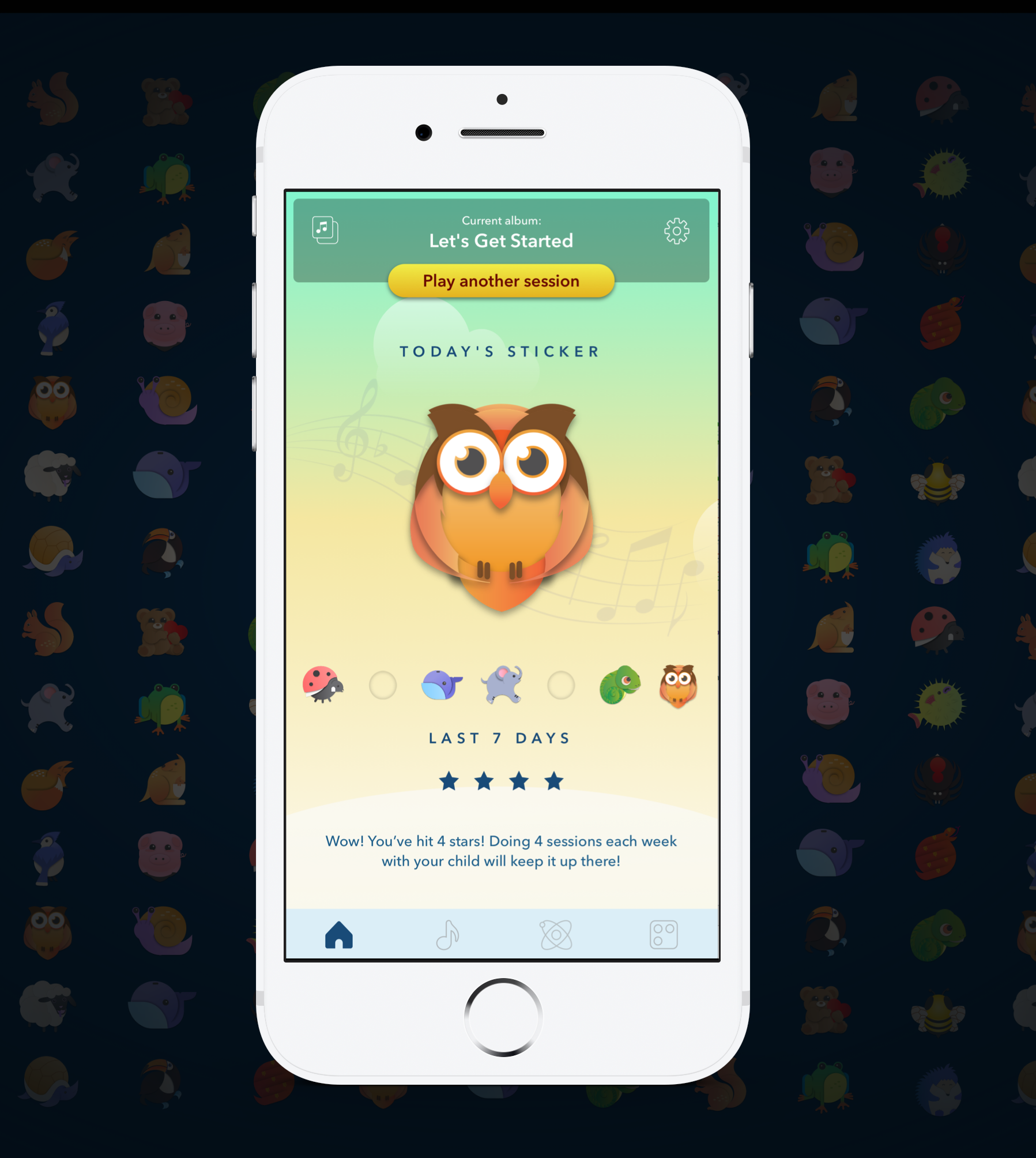
Project Overview
Originally founded in 1886, the Royal Conservatory of Music (RCM) is recognized as the cornerstone of the music education in Canada. The home of the RCM, the TELUS Centre for Performance and Learning, in Toronto was recognized as a National Historic site in 1995 and is home to 77 practice and teaching studios, Koerner Hall, and various music institutes. RCM’s stated mission is “to devleop human potential through leadership in music and the arts” and as part of this they wished to extend the reach of their successful in-class early childhood eductation programs by creating a custom application for new parents. The mission of the application was to leverage the latest neuroscience research and teaching methods to provide a series of activities for parents to do with their young chilcren that would be set to classical music scores. These activities would promote healthy interactions while introducing a new audience to the RCM music catalogue and brand.
Critical to the design was that we did not want to promote screen usage, instead the applciation should provide a way to learn the activities, supply the muscial accompaniment, and give the parents the oppertunity to learn about the science behind the actions.
My Role
In this project, I provided Creative Direction, Primary User Research, Project Management, and worked directly with the client to make strategic business and monetization decisions for the application. My team consisted of 3 designers and 2 developers, working alongside RCM external talent for voiceovers and subject matter experts in neuroscience and teaching strategies.
